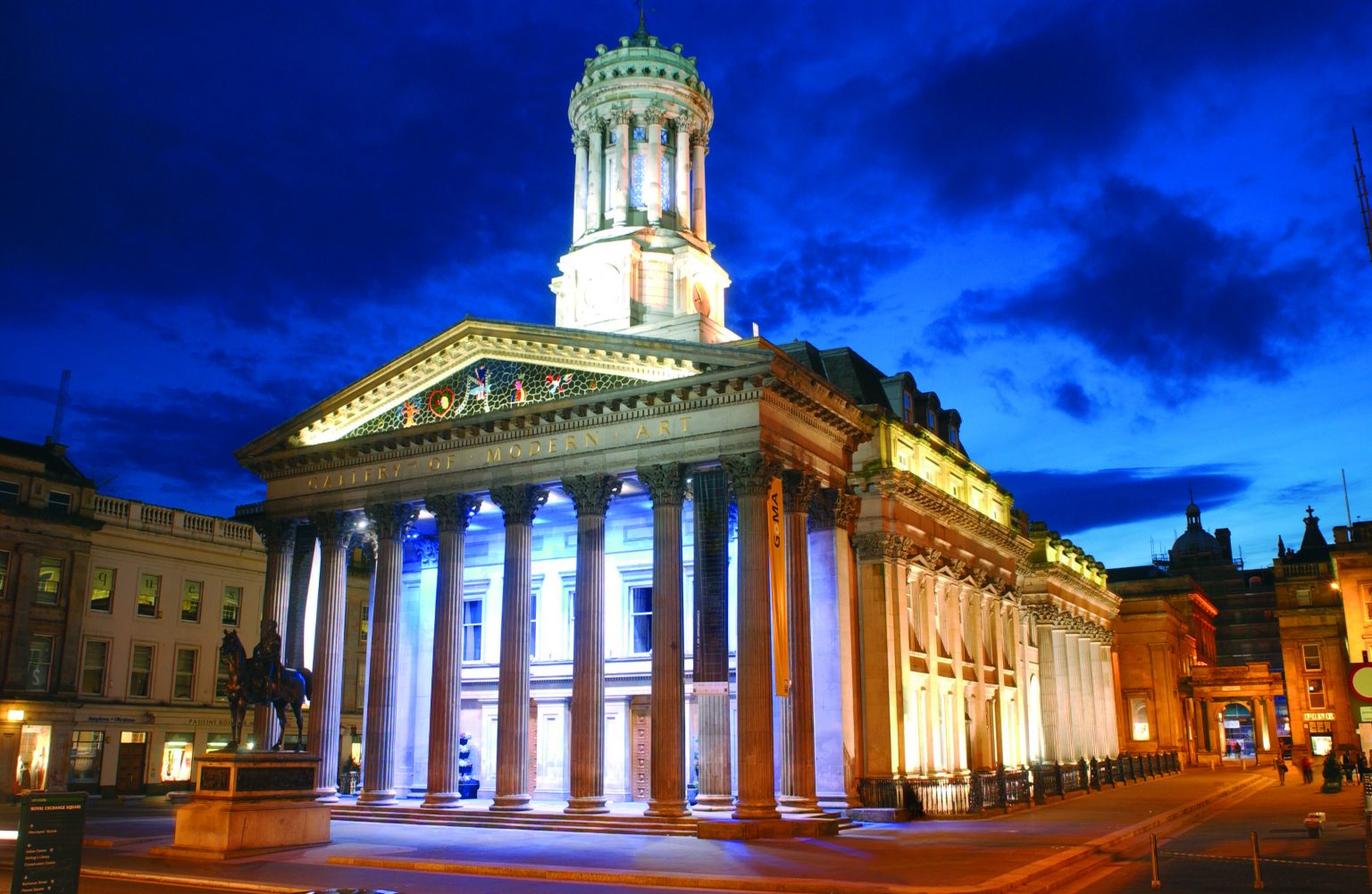Enjoy this article?
Most Museums Journal content is only available to members. Join the MA to get full access to the latest thinking and trends from across the sector, case studies and best practice advice.

Scotland’s Programme for Government, published earlier this week, has announced that the government will sponsor an independent expert group to recommend how the country's existing and future museum collections can better recognise and represent a more accurate portrayal of Scotland's colonial and slavery history.
Museums Galleries Scotland (MGS), the national development body for museums and galleries in Scotland, will coordinate a national consultation, in collaboration with Glasgow Life, to establish public and expert perspectives.
A related research group will identify the work already in progress in this area in museums across Scotland. The group will be independently chaired, representative of relevant interests, and diverse in its membership.
The history of slavery and the social, economic, and cultural impact of colonialism are entrenched in Scotland’s museums, collections and heritage sites and the sector is increasingly vocal in its commitment to show their full history.
A number of museums have begun work to research Scotland’s involvement and profit from the slave trade, colonialism and continuing racial injustice. V&A Dundee, Glasgow Life and museums from the University of Aberdeen have all recently begun researching and expanding how they use their collections to properly communicate Scotland's part in the slave trade and colonial history.
Christina McKelvie, the equalities minister, said: “It is important that we recognise Scotland’s role in these painful parts of history, to ensure we learn from the mistakes and atrocities of the past and be certain they are never repeated. By listening to the views of people from ethnic minority backgrounds, working with MGS in collaboration with race equality stakeholders, we will better recognise and represent a more accurate portrayal of Scotland’s colonial and slavery history.
We will also consider what further steps should be taken to ensure people of all ages are aware of the role Scotland played and how that manifests itself in our society today. This will include how to reflect, interpret and celebrate the wide-ranging and positive contributions that ethnic minority communities have made and continue to make to Scotland.”
Lucy Casot, the CEO of Museums Galleries Scotland, said: “The Black Lives Matter movement has highlighted the critical need to understand and act on the racial injustice and colonialism that is still prevalent today. Museums are integral parts of communities as spaces to reflect and ask questions. Through revisiting and expanding the stories and histories they tell museums can play a key role in helping us all to have a better understanding of our past.
"We welcome the partnership with the Scottish Government on the consultation around how Scotland’s existing and future museum collections can better recognise and represent a more accurate portrayal of Scotland’s colonial and slavery history. This is both a necessary moment of reflection and an exciting opportunity for museums to reach new audiences. We look forward to working with the Scottish Government and a range of race equality and museum sector stakeholders to explore all options.”
Duncan Dornan, the head of museums and collections at Glasgow Life, said:“Glasgow Life welcomes the opportunity to work with MGS in the national consultation process, exploring how Scotland’s museums can better recognise and represent the country’s colonial and slavery history. This will link with an established programme of work in Glasgow and coincides with the appointment of Glasgow Museum's first curator of slavery and empire.”
Most Museums Journal content is only available to members. Join the MA to get full access to the latest thinking and trends from across the sector, case studies and best practice advice.